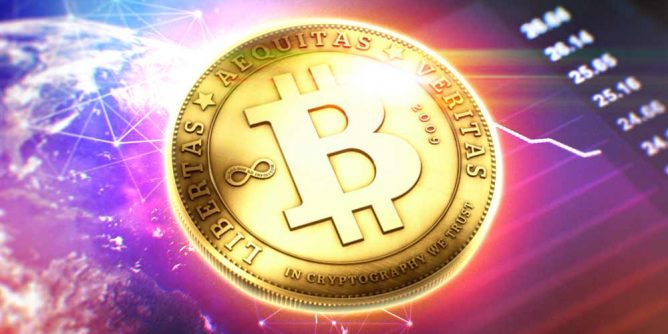
Could cryptocurrencies replace the dollar, the euro or other currencies? Will they be independent from central banks? Can they become more reliable than national currencies? Can they avoid inflation? Will they be accepted by world trade?Click here for btc to gbp.
In 2009, Bitcoin appeared, the first cryptocurrency. One year later, its value was less than $ 1. In December 2017 its price reached $ 19,499.
Value of Cryptocurrencies
Many people have made huge profits and others have lost money on Bitcoin speculation. In recent years countless cryptocurrencies have appeared. There are more than a thousand so far and new ones will surely continue to appear. The largest hundred have a market capitalization of $ 700 billion.
The price of these cryptocurrencies is very volatile and allows you to make large profits by stimulating the appearance of new currencies around the world. Banks and brokerage houses have opened portals to trade with them. Likewise, electronic wallets have been designed that allow the storage and exchange of these currencies.Visit this site for btc to gbp.
Bitcoin was born with the desire to be a currency of global acceptance, independent of central banks and the tyranny of inflation.
Can we trust cryptocurrencies?
Because of advanced technology, cryptocurrencies seem safe, they cannot be counterfeited and they have an issue limit amount depending on their design. The latter could prevent monetary inflation. In addition, they are currencies that do not depend on a country or a central bank. These are the main characteristics that motivated the appearance of Bitcoin: avoiding the manipulation by central banks.
The future of cryptocurrencies
Is there a future for them? Like everything in this life, it is not yet written. Perhaps some country sets out to use cryptocurrencies by issuing them through the central bank and giving them the trust of a known issuer. But it would no longer be a currency independent of governments and protected from inflation. In addition, it would be necessary to find a way to lower the costs of mining coins and it does not seem that this process is sustainable over time due to the immense cost of electricity consumption.
Cryptocurrency could be the currency to replace paper money. But it is necessary for people to accept them for day-to-day trade and that ultimately depends on trust in the issuing entity. Perhaps central banks will take that role. One could even think of a globally accepted cryptocurrency, but surely there would have to be a global monetary authority backing that currency.

